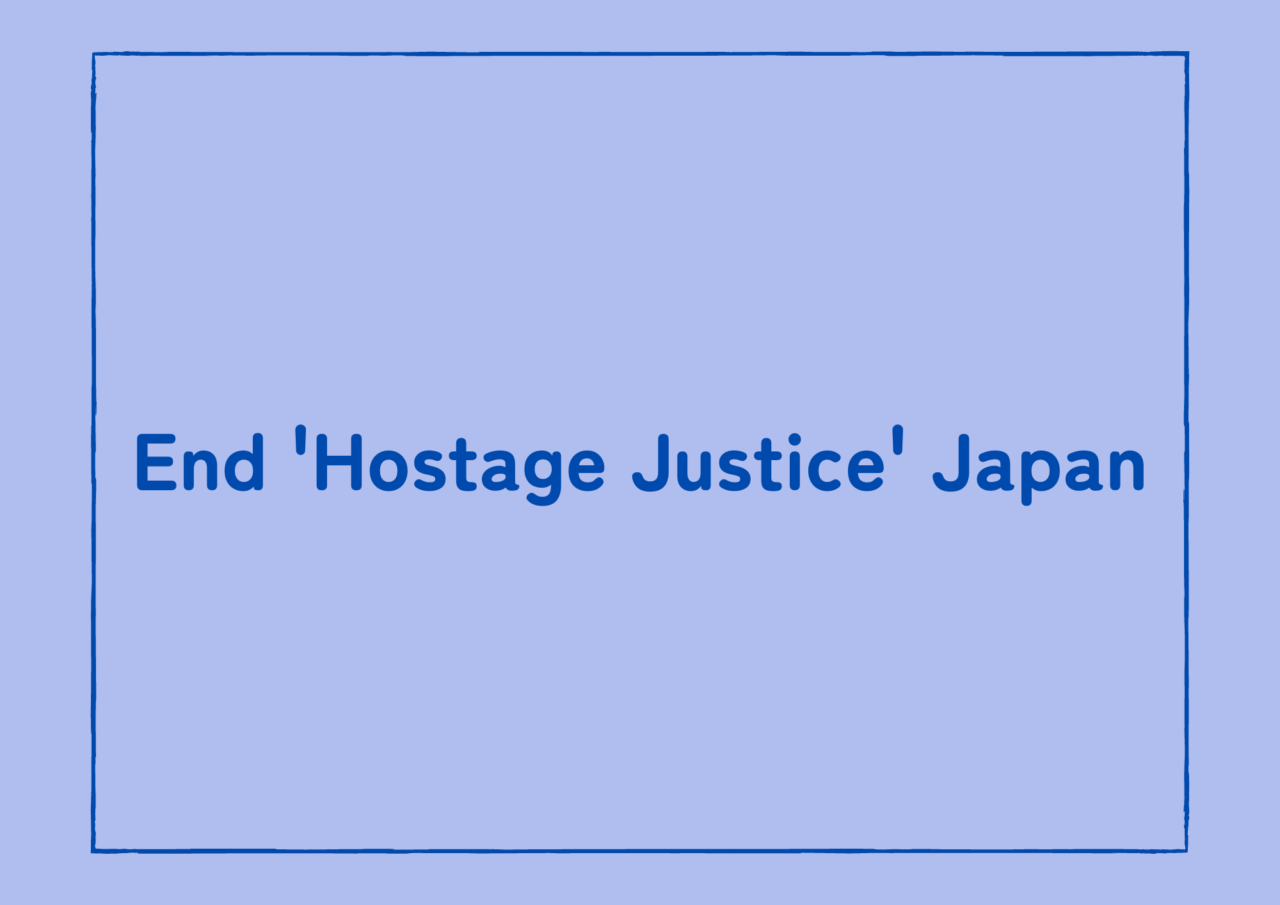A symposium on Japan’s “Hostage Justice” System was held on June 30th in Osaka at which scholars, attorneys, an economist, and an exoneree discussed the problem with the criminal justice system of this country. Here is what I learned and took away from the symposium.
Professor Fuchino of Ritsumeikan University, who specializes in Japan’s criminal procedure law, explained the defects in Japan’s criminal justice system from a legal standpoint. He pointed that, coercive or manipulative interrogations, which are not uncommon, virtually deprive the suspect or the accused of their constitutional right to remain silent. These unhealthy practices in interrogation rooms are partly caused by the fact that the suspect or the accused are not given the right to have counsel present at interrogations. Talks to grant this right have come up, but it has not been realized. Professor Fuchino and attorneys stressed the need to allow counsel-presence at interrogations in order to prevent violations of due process by the investigators. Despite recent attempts to make interrogations more transparent through audio/video recording, it has not been enough to secure due process in criminal procedures, they say.

Another topic that was mentioned by multiple speakers was the denial of bail by the court. The bail rate for the accused who deny the accusations is particularly low, under 10 percent. Under Japan’s criminal procedure law, the request for bail can be denied when there is “probable cause” to suspect that the accused may conceal or destroy evidence. However, the reality is that when the accused denies their guilt, the court only grants bail when they are sure that there is no risk of fleeing or destroying evidence, which is almost impossible to prove. Mr. Yamagishi, an exoneree who was taken “hostage” by the prosecutors, talked about his story and his days in the detention facility. He was a real estate business owner when he was indicted on a charge of corporate embezzlement and then later found innocent after being detained for 248 days. His attorneys had to come up with strict bail conditions, such as those that were made when Carlos Ghosn was released on bail in 2019, to get Mr. Yamagishi out on bail before being denied multiple times. Mr. Nishi, an attorney on Mr. Yamagishi’s defense team who is a former judge, supposed judges are reluctant to grant bail because they are afraid that they might not be able to deliver a fair trial in case the defendant flees or destroys evidence.
What I took away from this symposium is that Japan’s criminal justice system has to be improved. Allowing counsel-presence in interrogations is something that has been on the agenda, and it needs to be further discussed. Coercive or manipulative interrogations often lead to miscarriages of justice, as shown in some cases, and allowing counsel-presence at interrogations can prevent this. As for the denial of bail, the judges’ fear that they might not be able to carry out justice once the defendant flees or destroys evidence is relatable. However, the court has to ensure due process in criminal proceedings on the very fundamental idea that the accused is innocent until proven guilty. Otherwise, there is high risk of miscarriage of justice.
The issue on Japan’s criminal justice system has not been talked about enough, despite the criticism it receives from the global society. The symposium helped me greatly to grasp the overall picture, and I am determined to work towards a better criminal justice system in this country to prevent wrongful convictions.
Daiki Tomita (a senior at Kyoto University)
MORE READING
Human Rights Watch, Ending Japan’s ‘Hostage Justice’ System


